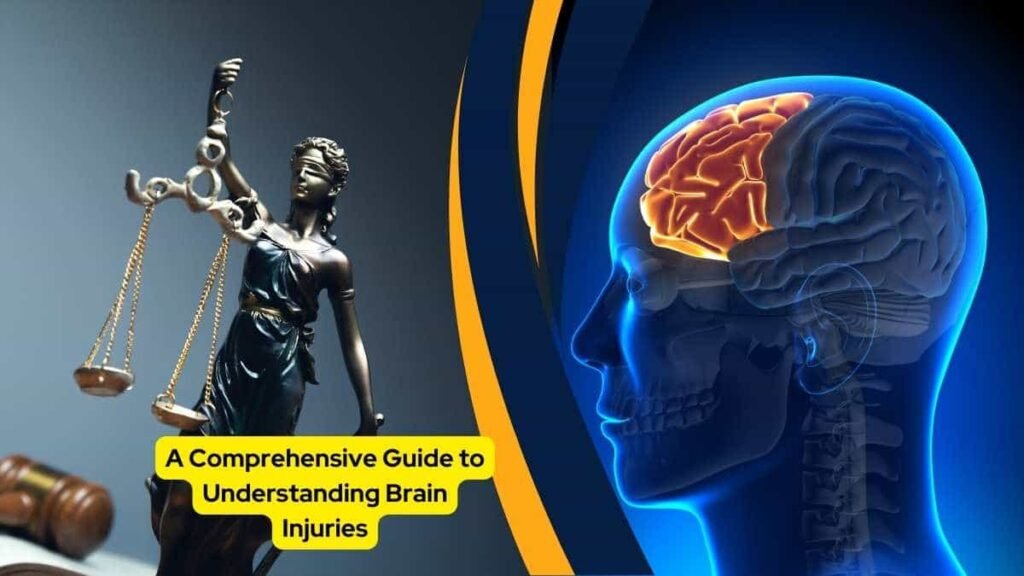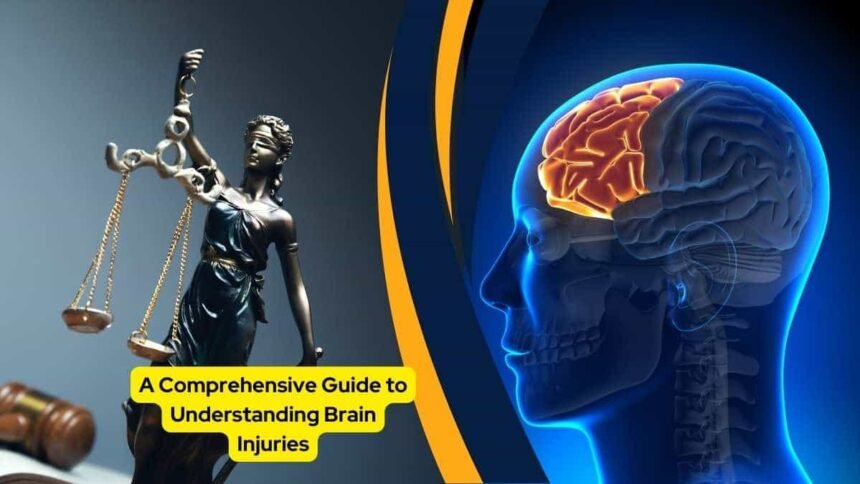Brain injuries can have severe and lasting consequences, impacting not only the individual’s physical health but also their cognitive and emotional well-being. It’s crucial to understand what constitutes a brain injury and when it’s necessary to involve a brain injury lawyer to ensure proper legal representation and compensation.
Types of Brain Injuries
Brain injuries can be categorized into two main types: traumatic and acquired. Traumatic brain injuries (TBIs) result from external forces impacting the head, such as falls, car accidents, or sports-related injuries. Acquired brain injuries (ABIs) occur due to internal factors, like strokes, infections, or lack of oxygen. Both types can lead to varying degrees of impairment and necessitate different approaches to legal recourse.
Common Causes of Brain Injuries
Many situations can lead to brain injuries, emphasizing the importance of understanding potential risks and taking preventive measures. Falls, especially among the elderly, are a leading cause of TBIs. Motor vehicle accidents, sports injuries, and workplace accidents also contribute significantly to the occurrence of brain injuries.
Recognizing Symptoms of Brain Injuries
Prompt recognition of brain injury symptoms is crucial for early intervention and effective legal action. Symptoms may vary, but common signs include headaches, dizziness, nausea, confusion, memory loss, and changes in mood or behavior. In severe cases, individuals may experience seizures, paralysis, or a prolonged state of unconsciousness. Seeking medical attention promptly after an incident is paramount to diagnosing and treating brain injuries.
When to Seek Legal Representation
Not every incident resulting in a brain injury requires legal action, but there are scenarios where involving a brain injury lawyer is essential.
- Negligence or Fault of Another Party: If the brain injury occurred due to someone else’s negligence or intentional actions, it is crucial to consult a lawyer. This could involve car accidents, slip and falls on poorly maintained properties, or workplace incidents where safety protocols were not followed.
- Medical Malpractice: If the brain injury resulted from medical negligence, such as a surgical error, misdiagnosis, or improper treatment, seeking legal advice is vital. Medical malpractice cases require expertise in navigating complex legal and medical aspects.
- Insurance Disputes: Dealing with insurance companies can be challenging, and they may attempt to minimize compensation. A brain injury lawyer can advocate for fair compensation, ensuring that all medical expenses, lost wages, and future rehabilitation costs are considered.
- Long-Term Consequences: Severe brain injuries often lead to long-term consequences, impacting the individual’s ability to work, engage in daily activities, or maintain relationships. In such cases, a lawyer can help assess the full extent of damages and pursue appropriate compensation.
Role of a Brain Injury Lawyer
Brain injury lawyers specialize in navigating the legal complexities surrounding these cases. They work to establish liability, gather evidence, and negotiate with insurance companies or legal opponents. Additionally, they may consult medical experts to assess the long-term impact of the injury, ensuring that their clients receive fair compensation.

Conclusion
Understanding what constitutes a brain injury and when to involve a brain injury lawyer is crucial for ensuring that individuals receive the support and compensation they deserve. Early intervention, proper medical care, and legal representation can contribute to the recovery process and help mitigate the long-term consequences of these challenging situations. If you or someone you know has experienced a brain injury, seeking both medical and legal guidance is paramount for a comprehensive and effective approach to recovery.
FAQ
What does a brain injury lawyer do?
Brain injury lawyerwork to establish liability, gather evidence, and negotiate with insurance companies or legal opponents.
How much will a traumatic brain injury case cost me?
You can hire a traumatic brain injury lawyer on an hourly or contingency basis. If you choose to pay your traumatic brain injury lawyer on an hourly basis, he or she will provide you an hourly rate and keep account of the time spent on your case.





